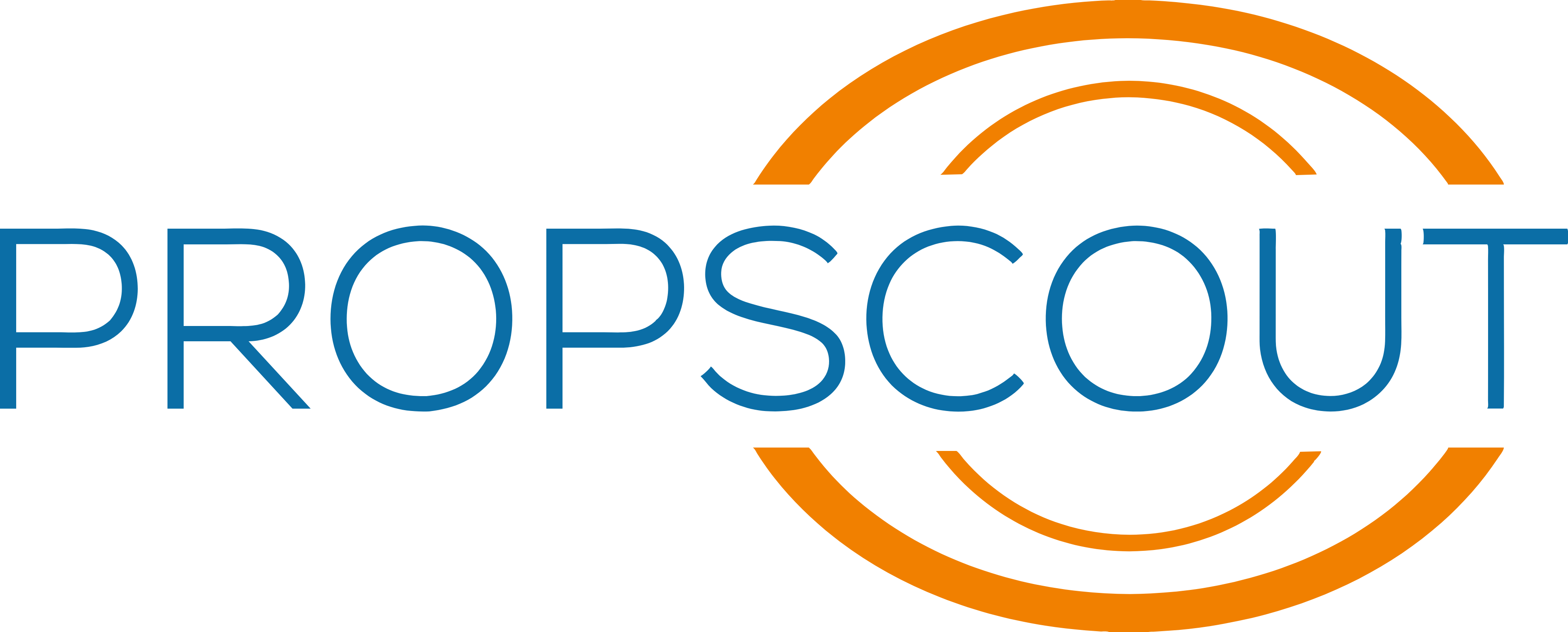Investing in Tax Deed and Foreclosure Auctions with PropScout.ai
Buying properties through tax deed and foreclosure auctions can unlock incredible value—often well below market price. However, success requires diligent research, strategic bidding, and risk mitigation. PropScout.ai simplifies this process with an AI-powered platform designed to help investors identify, analyze, and capitalize on distressed property opportunities.
This guide walks you through how to invest in tax deed and foreclosure auctions using PropScout.ai—and how to maximize your returns while avoiding costly pitfalls.
Understanding Tax Deed and Foreclosure Auctions
Tax Deed Auctions: When property owners fail to pay property taxes, local governments seize the property and auction it to recover unpaid taxes and fees. Winning bidders typically gain full ownership—often free of mortgages—but may need to resolve title issues or evictions.
Foreclosure Auctions: These occur when lenders or counties repossess a property due to unpaid mortgages or tax liens. The property is sold at public auction to recover the debt, usually with a minimum bid equal to the amount owed.
Both types of auctions offer discounted entry points—but come with potential risks, including:
Property condition unknowns
Title defects or unresolved liens
Redemption periods (in some states)
Why Use PropScout.ai?
PropScout.ai streamlines the entire auction investment process with advanced tools that save time and reduce risk:
Property Discovery: Locate tax-delinquent or pre-foreclosure properties that match your investment criteria.
Risk & Title Analysis: Uncover red flags like liens, encumbrances, or ownership issues.
Market Insights: Evaluate local comps, neighborhood trends, and potential rental income.
Investment Scoring: Our AI scores each property based on risk-adjusted return to help you focus on the most promising deals.
How to Invest Using PropScout.ai
1. Define Your Investment Goals
Before diving in, clarify your strategy:
Flip, rent, or long-term hold?
What’s your all-in budget (bidding + repairs + closing)?
Which regions or property types are you targeting?
Use these preferences to customize your search filters within PropScout.ai.
2. Discover Auction Properties
PropScout.ai helps you uncover the best opportunities by:
Aggregating Auction Data: Pulling from county records, online platforms, and foreclosure databases nationwide.
Flagging High-Risk Assets Early: Predicting which properties are likely to enter auction so you can plan ahead.
Scoring Properties for ROI: Prioritizing listings with the best upside based on data and trends.
3. Perform Due Diligence
Avoid surprises by leveraging PropScout.ai to:
Estimate Property Condition: Access neighborhood and comp data to approximate repair needs—even without inspections.
Highlight Title Risks: Get alerts on known liens or encumbrances (consult a title company for full clearance).
Evaluate Market Value: Compare current property value, rental yields, and appreciation potential.
Understand Legal Risks: Review key state-specific rules like redemption periods and surplus fund procedures.
💡 Example: In Georgia, tax deed properties have a 12-month redemption period. If redeemed, the investor earns a 20% penalty return.
4. Prepare for Auction Day
Register Early: Auctions may be in-person or online and often require pre-registration. PropScout.ai links directly to county or auction site registration pages.
Line Up Your Funds: Many auctions require full payment (via certified funds) within 24–72 hours.
Set a Bid Ceiling: Use PropScout.ai’s projections to establish your max bid, factoring in all costs and profit goals.
5. Bid Strategically
At the auction:
Monitor Bidding Activity: Use PropScout.ai’s live insights (when available) to avoid overpaying.
Stick to Your Numbers: Don’t let emotion override data—PropScout.ai estimates help you stay disciplined.
Know What You’re Buying: Winning a tax deed may get you a sheriff’s deed; foreclosure auctions may revert to REO (bank-owned) if bids fall short.
6. Handle Post-Auction Steps
After a successful bid:
Clear the Title: Work with professionals to resolve any liens. PropScout.ai can connect you to title services and flag known issues.
Manage Surplus Proceeds: Some states require returning overbid amounts to former owners or lienholders.
Implement Your Strategy: Whether you rent, flip, or hold, PropScout.ai’s investment simulator can model your return based on actual costs and income projections.
Managing Auction Risks with PropScout.ai
PropScout.ai helps mitigate common risks:
| Risk | How PropScout.ai Helps |
|---|---|
| Property Condition | Estimate repair costs using comps and neighborhood data |
| Hidden Liens | Identify potential encumbrances early |
| Redemption Periods | Flag state-specific timelines and penalties/returns |
| High Competition | Suggest off-market and pre-auction opportunities |
Tips for Auction Investing Success
Start Small: Gain experience with lower-cost properties first.
Leverage the Platform: Let PropScout.ai’s insights and scoring guide your bidding strategy.
Consult Experts: Title companies and attorneys are crucial for handling complex ownership or legal issues.
Stay Informed: Rules vary by state and county—PropScout.ai updates you in real time.
Do the Work: Always verify the data, even if it looks like a great deal.
Conclusion
Tax deed and foreclosure auctions can deliver excellent returns—if you approach them with the right tools. PropScout.ai empowers you to make smarter, faster, and safer investment decisions with real-time data, predictive scoring, and automated due diligence.
By following this guide and relying on PropScout.ai’s platform, you can confidently bid on properties, reduce risk, and build a high-performing investment portfolio.
🔎 Start exploring opportunities today at PropScout.ai
